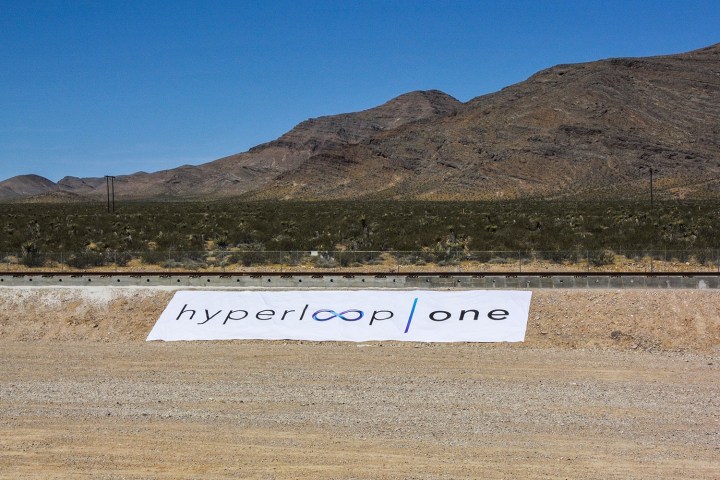
“Hyperloop One is pleased to announce its expansion into the Gulf through the recent partnership with DP World,” said Shervin Pishevar, the company’s co-founder and executive chairman. “We firmly believe that this study is the first step toward the construction of the Hyperloop in Dubai, which could reshape one of the world’s most modern cities and bring even more infrastructure innovation to the United Arab Emirates.”
Along with Hyperloop Transportation Technologies, Hyperloop One is one of the two companies working to bring the newfangled transport method to market. While most plans appear to place the unveiling of the Hyperloop outside of the U.S., Hyperloop One notes that the system also has feasibility studies underway in the Port of Los Angeles and Long Beach, California (in addition to Russia, Finland, Sweden, and Switzerland).
“Hyperloop One is developing a new mode of transportation that will allow the world to transport people and goods inexpensively, safely, and with energy efficiency at speeds never thought possible,” said Sultan Ahmed Bin Sulayem, group chairman and CEO of DP World. “It is an innovative solution that holds tremendous potential for enhancing our operational efficiencies and ensuring smoother and faster trade flows. As a global trade enabler, we think ahead and foresee the future by being ready for it. The Hyperloop is an excellent example of positive future change and growth.”
Editors' Recommendations
- Elon Musk’s Neuralink now recruiting for first human trials
- Elon Musk predicts date for first crewed landing on Mars
- Elon Musk says there’s a chance the Cybertruck could flop
- Elon Musk reveals ambitious SpaceX plan for landing Super Heavy booster
- Watch high-speed hyperloop pod transport first passengers


